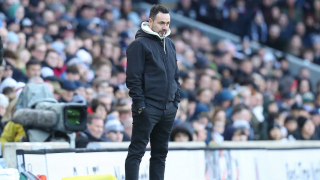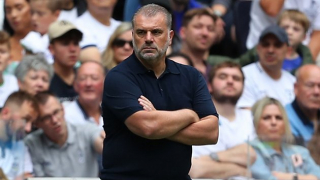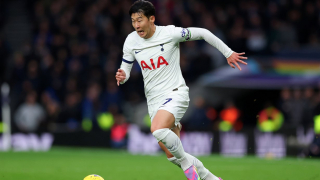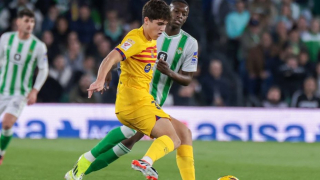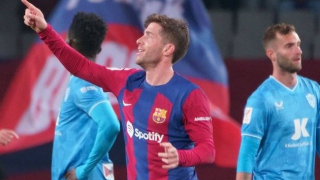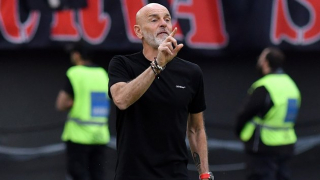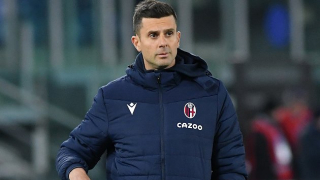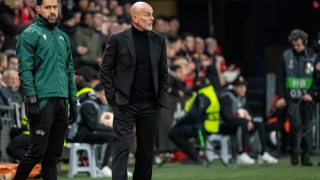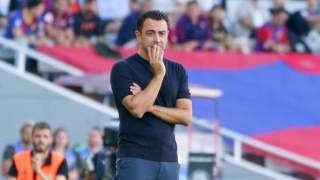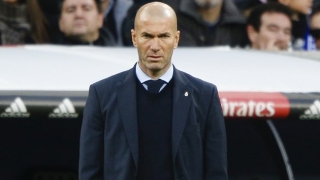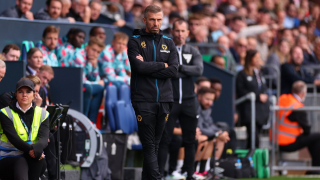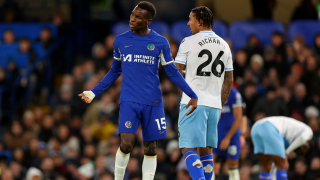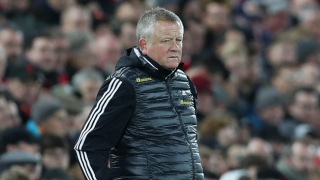COMMENT: The gloves are off. The bell has rung. The football light is now firmly shone on an unlikely source.
China.
Watching the January transfer window unfold was like watching a movie where the bad guys win. Talented footballers being sent off into the abyss, never too be seen or heard of again. With the abundance of players making there way to the 'dark side', it seems there will be several sequels in the preceding transfer windows.
Names such as Jackson Martinez, Ramires, Alex Teixeira and Gervinho have embarked on their journey to the Far East. Rumors of Wayne Rooney, Yaya Toure, Radamel Falcao, Oscar and John Terry doing the same would have initially been received with downright bafflement but are now not only perceived as possible, but likely.
The players who made the move to China in January do not represent an ageing class similar to the legends that have moved to the North American MLS in the past few seasons.
Jackson Martinez, 29, struggled in his first season with Atletico Madrid and was mooted to make a move to the Premier League, with interest from Chelsea and Tottenham, but instead signed with Guangzhou Evergrande for €42million (£32.7m).
In the previous three seasons, he had scored 67 goals in 90 league appearances in Portugal for Porto, as well as eight in the Champions League last term.
Ramires, 28, had reportedly attracted interest from the likes of Real Madrid and Juventus in the January transfer window. He will suit up for Jiangsu Suning after sealing a £25 million move from Chelsea.
The Brazilian had won a Premier League title, the Champions League, Europa League, FA Cup and League Cup while making over 250 appearances with the Blues.
The most surprising of the trio is Teixeira. The 26-year-old attacking midfielder had a prolific career for Shakhtar Donetsk.
67 goals in 146 league appearances for the Ukrainian powerhouse, including a staggering 22 goals in 15 league games this season, had clubs such as Bayern Munich, Chelsea and Liverpool tracking the Brazilian. The latter two pushed Donetsk for a transfer with Liverpool having a £28 million bid rejected near the end of January. Reds manager Jurgen Klopp insisted that he did not want his club 'to pay Disneyland money' for players.
Jiangsu Suning would.
Shakhtar are now laughing all the way to the bank after collecting €50million (£39m) for their former superstar.
Before making his move, Teixeira expressed his desire to move to a 'big league': "It is my desire to move to a big league and I know that the English league is very strong. I am ready and I know that I will grow up a lot there.
"I am aware that two big clubs such as Liverpool and Chelsea are interested but I haven't given my word to either of them."
It seems kind of farcical now that Teixeira could well be coming up against 'giants' such as Melbourne Victory, Suwon Bluewings and Urawa Red Diamonds in the Champions League rather than Barcelona and Bayern Munich.
However, nobody is naïve to the reasons as to why these players have made the decisions they have made.
In one hand, they were handed the blue pill; representing the glory that comes with playing at football's highest level. Success, trophies and establishing themselves within football history were all in their grasp and more than a reasonable amount of compensation for their work was offered to them.
In the other hand, they were handed the red pill; representing the exorbitant wages, some being handed ridiculous sums of money, £250,000 – £300,000 pounds a week, a lifetime of financial security and an easy football environment where they would compete against meagre opponents.
Football agent Richie Hinton believes that choosing the 'red pill' is understandable and is here to stay.
"What we have to understand is when you're being offered ten times your salary to go to China, and you've only got a 10-12 year career…I challenge anyone to turn down that kind of money," he said.
"They're not going there to double their money, we're talking multiples of ten."
Hinton's point is valid.
Footballers are taking a monetary approach to their career choices and when you look at the sheer amount of their salaries it is quite easy to empathise with their decisions.
How long will they last though? How long will it take for them to turn their back on the copious amounts in their bank account if disorganisation and dissatisfaction continues?
This is not the first surge of immigration into the Chinese Super League.
Back in 2012, Shanghai Shenhua made headlines by signing Nicolas Anelka and Didier Drogba - the latter joining after winning the Champions League with Chelsea. Their arrival in China was met with 'Beatlemania-like' fandom. However, their short stint resembled a circus act.
During the duo's first season with the club, they played a match with virtually nobody on the bench. The backroom staff had been sacked earlier in the week, only for manager Jean Tigana to receive his marching orders before kick-off, leaving Shenhua with no coaching staff during a home match.
Disputes over unpaid wages and incoherence led to the pair returning to Europe after less than a season.
Others have joined since, most notably Australian international Tim Cahill, who rejected moves to the Premier League, MLS and A-League to join Shenhua in 2015.
With the money that has been splurged in recent years, the stature of the Chinese Super League is inevitably growing.
Is this beneficial or detrimental?
In terms of worldwide attention following the most recent transfer window, it has been invaluable for the league, as eyes have now turned to China. But other than that, what else?
The quality will undoubtedly improve and more people will come through the turnstiles but ultimately it will stifle the development of the local Chinese players, which in turn halts the growth of the Chinese national team.
Commenting on the recent transfers to CSL, Cahill is mindful of the effect that these big money moves are having.
"With this investment in the players, there's a catch 22. Does it help the Chinese? To a certain extent, no," he said.
"The most difficult area for the Chinese national team is attacking, they can't score goals. Everything else, they're technically gifted, they're great, I've spent a year with these kids.
"But when you sign players like this (Alex Teixeira, Ramires, Jackson Martinez etc) everything is up to us. If we don't deliver, it doesn't happen."
The long-term viability of the league is not secured through the likes of Martinez, Ramires and Teixeira. They are using the money of business tycoons that pay them for their own advantage and at the expense of their own careers.
Would I do the same?
Who knows? I can't answer that question. It is such an unfathomable amount to be paid for kicking a football around.
"The choices that players are making are not about football like it was in my day, they're purely about personal gains and it depends what you want as an individual," remarked Cahill on the moves made by his now fellow Chinese Super League players.
Obviously these players do not care about their careers more than they do about money. It is not like they were earning peanuts playing in England and Spain. They could have continued their careers chasing glory and trophies, ensuring that their reputation as footballers came at creating feats at the highest level.
Instead they chose the red pill, and with it football obscurity, as they swim in a pool of Chinese Yuan.
By Andrew Maclean

